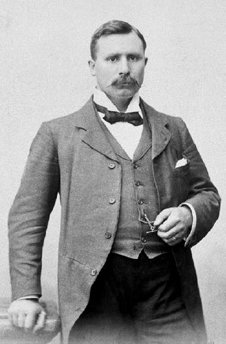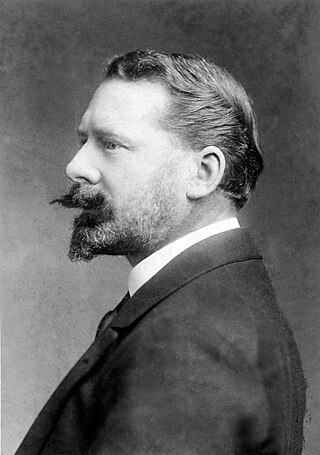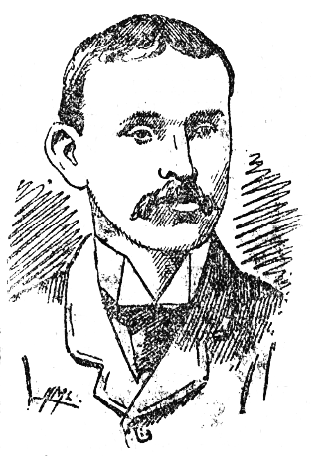Related Research Articles

The Independent Labour Party (ILP) was a British political party of the left, established in 1893 at a conference in Bradford, after local and national dissatisfaction with the Liberals' apparent reluctance to endorse working-class candidates. A sitting independent MP and prominent union organiser, Keir Hardie, became its first chairman.

Thomas Mann, was an English trade unionist and is widely recognised as a leading, pioneering figure for the early labour movement in Britain. Largely self-educated, Mann became a successful organiser and a popular public speaker in the British labour movement.

The General Federation of Trade Unions (GFTU) is a national trade union centre in the United Kingdom. It has 35 affiliates with a membership of just over 214,000 and describes itself as the "federation for specialist unions".
James MacDonald was a British trade unionist.

The Confederation of Shipbuilding and Engineering Unions (CSEU), often known as the Confed is a trade union confederation in the United Kingdom.
The Amalgamated Society of Engineers (ASE) was a major British trade union, representing factory workers and mechanics.

Peter Francis Curran was a British trade unionist and politician.

Isaac Haig Mitchell was the first general secretary of the General Federation of Trade Unions (GFTU), when it was founded in 1899, a post he held until 1907 when he took up a position with the Board of Trade of the British Government.

William Archibald Appleton was a British trade union leader.

James Thomas Brownlie was a British trade unionist and politician.
Jim Gardner was a Scottish trade unionist.

The Friendly Society of Iron Founders of England, Ireland and Wales (FSIF) was an early trade union representing foundry workers in the United Kingdom.
Alexander Gossip was a Scottish trade union leader and political activist.
John Anderson was a British trade union leader.

Jenkin Jones was a Welsh trade unionist.
Alfred Gould was a British trade unionist and politician.
The Colne Valley Labour Union (CVLU) was a political party based in the Colne Valley, in Yorkshire, in England. The first labour party organised on the basis of a Parliamentary constituency, it successfully backed Tom Mann as secretary of the Independent Labour Party, and Victor Grayson as the local Member of Parliament. Its successor is the Colne Valley Constituency Labour Party.
The Notts Trades Council, formally known as the Nottinghamshire Nottingham and Mansfield Trades Council, brings together trade unionists in Nottinghamshire, in England.
William Glennie was a Scottish trade unionist and political activist.
Archibald Crawford was a Scottish-born South African trade union leader.
References
- ↑ "Amalgamated Society of Engineers: election of general officers". South Wales Echo. 24 February 1893.
- 1 2 3 Weekes, B. C. M. (1970). The Amalgamated Society of Engineers 1880 - 1914 (PDF). Coventry: University of Warwick. Retrieved 5 October 2022.
- ↑ "Amalgamated Society of Engineers", The Times , 15 January 1909
- ↑ "Obituary" (PDF). Annual Report and Balance Sheet of the General Federation of Trade Unions. 1913. Retrieved 5 October 2022.